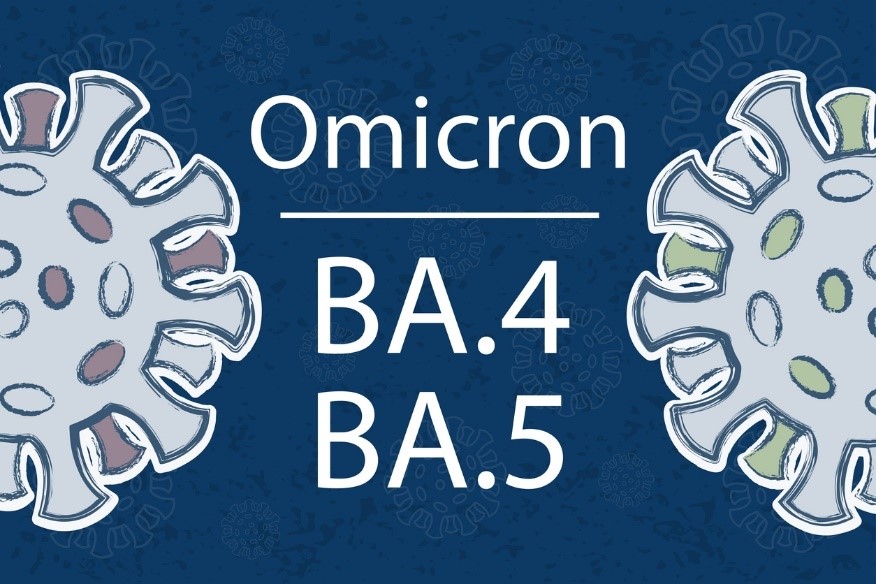The CDC has recently received reports of severe influenza, including fatalities. The agency is urging clinicians to treat suspected influenza patients — particularly high-risk outpatients, patients with progressive disease, and hospitalized patients — promptly with antivirals.
Treatment should begin without laboratory confirmation of flu, and regardless of a negative rapid influenza diagnostic test result.
In the U.S. in recent weeks, there has been a higher proportion of the H1N1 strain, which is notable for the pandemic illness it caused in 2009. Young- to middle-age adults have developed severe respiratory illness with H1N1, sometimes requiring ICU admission.
Compared with 2014–15, flu activity is still low for this time of year, but the CDC says infections are increasing, and “further increases are expected in the coming weeks.”


